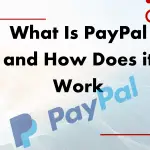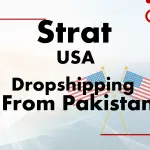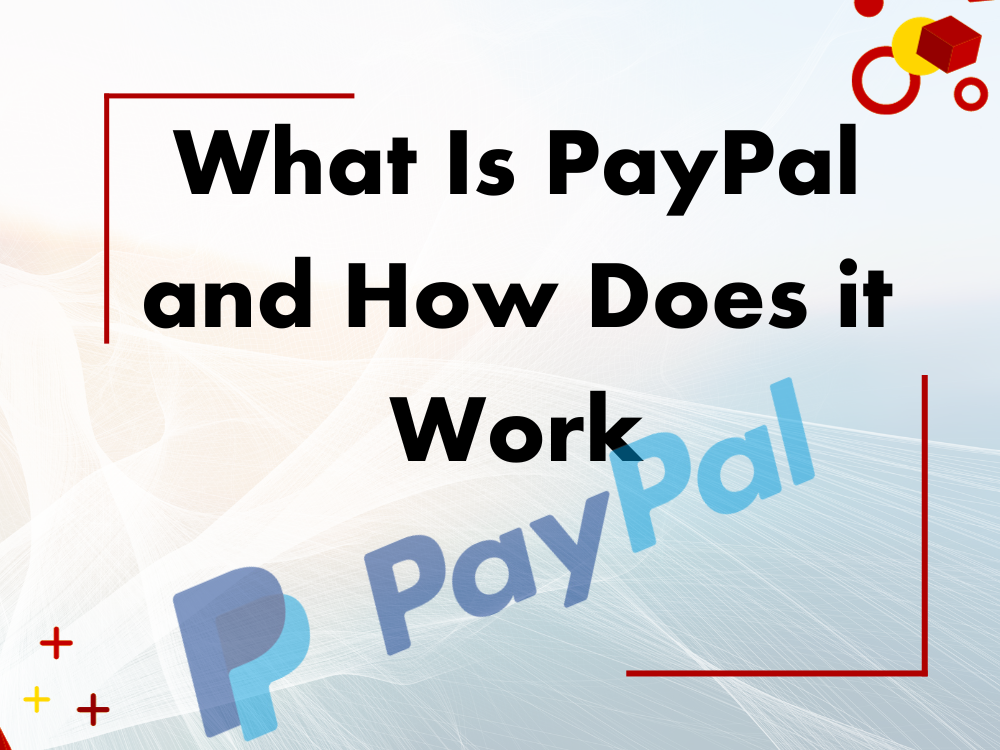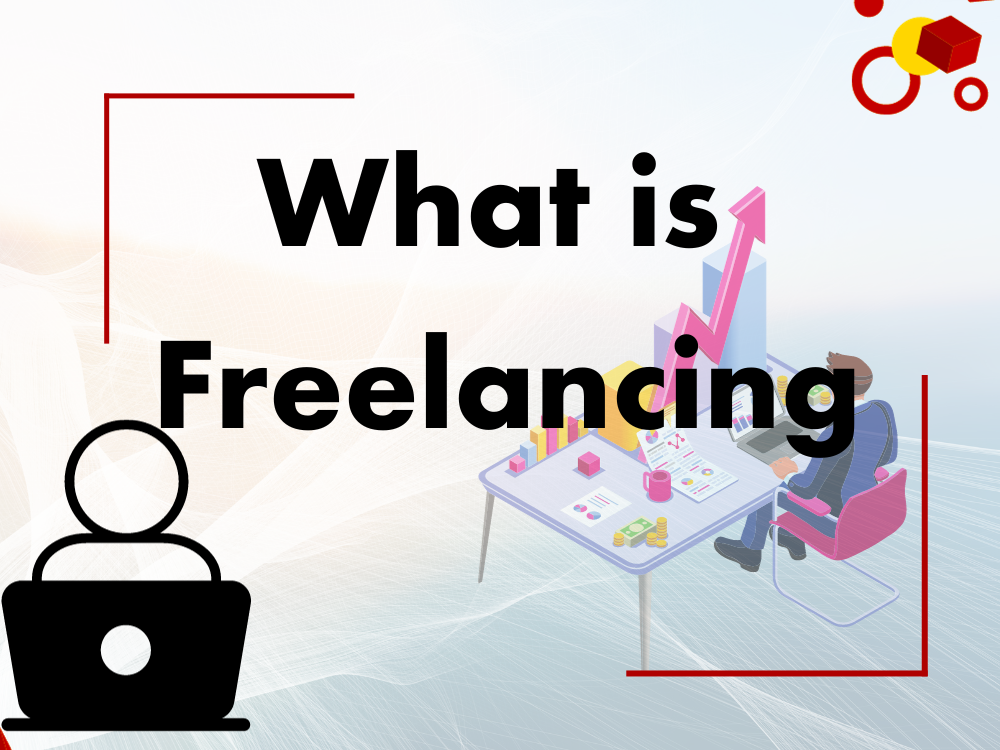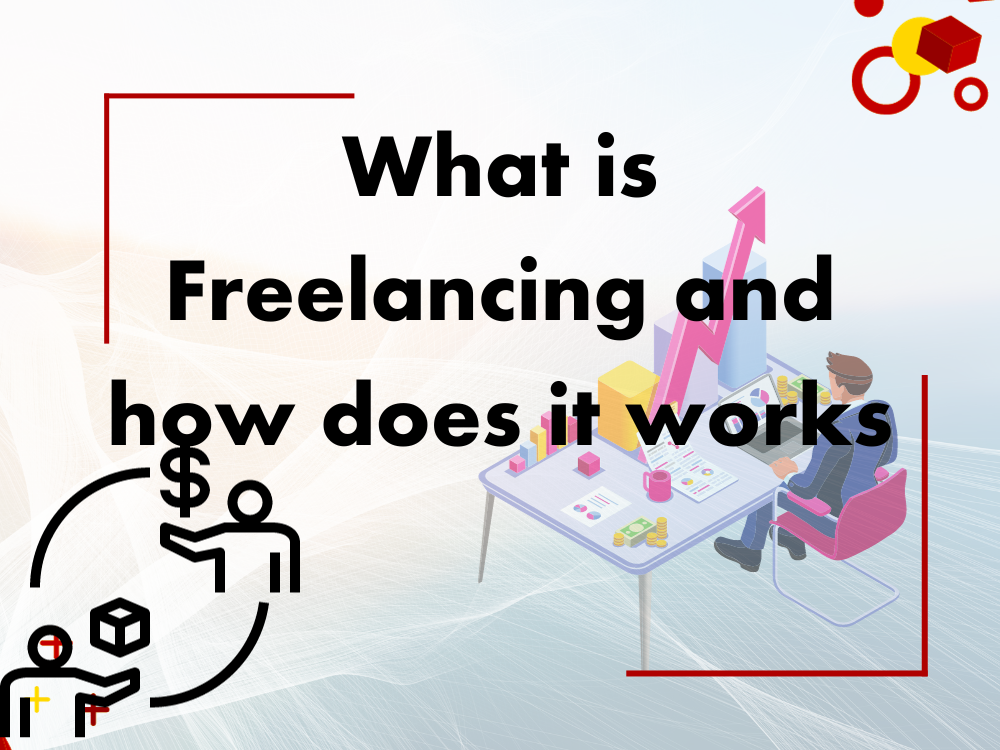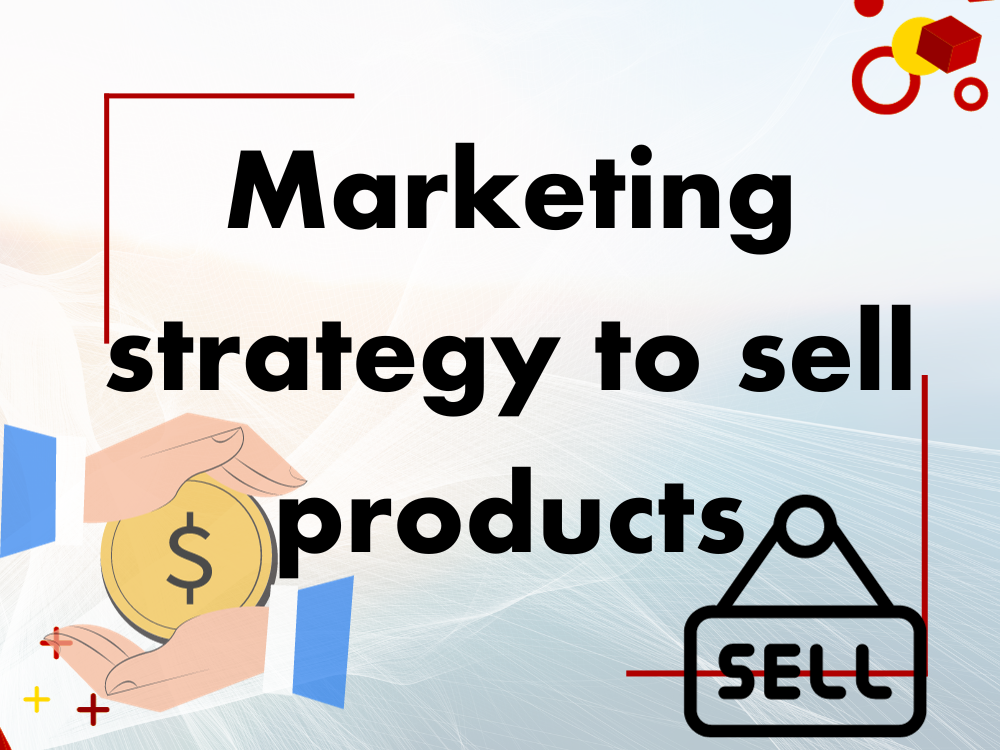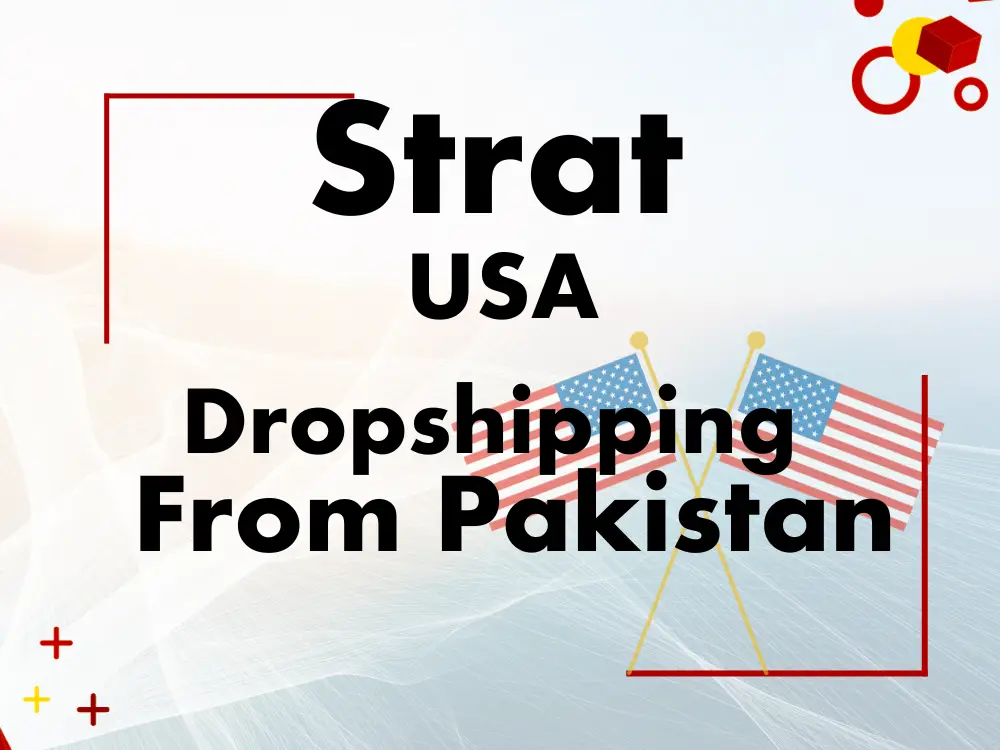PayPal is a platform for payment, having a website and phone app that enables payments between parties through online transfers of money.
PayPal offers payment services for consumers and merchants who accept PayPal. Merchants use a PayPal card reader in brick-and-mortar stores or enable PayPal as a payment option on their websites.
Consumers can pay invoices and transfer money with ease. Cash can be transferred to any email address or phone number, whether or not the recipient has a PayPal account.

PayPal also offers credit and debit cards registered with the PayPal name.
How Does PayPal Work?
PayPal customers create an account and join it to a checking account, a credit card, or both.
ü Users need an email address to sign up for an account and must provide a credit card, debit card, or bank account to complete the setup.
ü PayPal verifies the information to make sure the person setting up the account is the fair owner before the service can be used.
ü Shoppers can choose the PayPal option to complete purchases online if the retailer has the service.
ü Transactions are finalized within minutes and the company promises that transfers are available for payment or withdrawal to a bank account immediately.
Ø PayPal for Business
PayPal offers businesses a variety of solutions for their daily operations.
This includes payment portals for online and in-person transactions, business management services, and credit and financing options. Business owners must also deliver an email address for the creation of an account.
PayPal attempts to make online purchases safer by providing a form of payment that does not require the payer or payee to disclose credit card or bank account numbers.
Therefore, the money is secure, privacy is protected, and, since the customer base is so large, transactions are faster than outdated methods.
Ø PayPal freights
PayPal makes much of its profit from freights it charges merchandisers, rather than from the consumers who pay with it.

There’s no fee for using PayPal to pay for a sale if you use a PayPal balance or your linked bank account and the payment is in your home currency.
There’s no fee if you shoot cash to a friend or relative rather than a business, again in your home currency. There is no figure for transferring plutocrats to and from PayPal and your bank account.
Other deals loophole freights. There is no fee if you send cash to a friend or relative rather than a business, again in your home currency. There’s no fee for transferring money to and from PayPal and your bank account.
Other transactions incur fees:
• There is a 4 currency conversion figure for utmost deals that involve conversion.
• A PayPal sale that uses your linked credit card incurs a figure of 2, 9% plus a fixed figure that varies by country. It’s 0.30 cents in the US. The trick then is to make sure your PayPal account defaults to your checking account, not to your credit card.
The PayPal-registered credit and debit cards have their fee structures, which feel fairly typical for the industry.
Other freights apply to lower routine deals similar to buying and dealing cryptocurrencies and transferring charitable donations.
PayPal vs. Its Challengers
PayPal now holds a 32.3% share of the global market for online payment services.
That still leaves it running the combined figures of Stripe and Stripe Connect, which jointly have a market share exceeding 40%. The Dutch-possessed Ayden comes in third at 11.6%. All other challengers are in single integers, including Square, Braintree, and Venmo.
That does not certainly mean there are more, but it may mean that the PayPal and Stripe payment options are easier to find in stores and online.
About Stripe, Stripe is a payment platform grounded in Dublin, Ireland. Stripe Connect is a newer Stripe branch. This interpretation is designed to serve the requirements of small online businesses, especially those who want to go global. It allows these businesses to accept dozens of credit cards in 135 currencies, using Stripe as a go-between.
A side-by-side comparison of Stripe and PayPal by Forbes concludes that their services and freights are similar though PayPal may be better and easier for small merchandisers while Stripe can be more fluently customized by merchandisers.
Special Considerations
Although PayPal isn’t a bank, it’s subject to several of the same consumer protection regulations by which banks are governed.
For illustration, the extent of your liability for an unauthorized sale is determined by how instantly you notify the bank that unauthorized exertion has passed into your account. Notifying PayPal snappily when you have enterprises will help to limit your liability, and it’s recommended that PayPal druggies check their accounts regularly.
Ø History of PayPal
An early interpretation of PayPal as we know was launched in the late 1990s as a payments system for Palm Pilot druggies by a software company called Confinity.

The company later intermingled with X.com | an online banking company — and officially took the PayPal name in 2000. PayPal broke into the mainstream as the favored payment medium for eBay buyers and merchandisers.
The transaction point decided to acquire PayPal in 2002 and made it the point’s sanctioned payment service while working to expand its reach. In 2015, PayPal was spun off as an independent company. Company shares trade on the Nasdaq under the ticker symbol PYPL.
Throughout its history, PayPal has acquired other companies that serve different corridors of economic sale, digital plutocrat transfer, and payment requests.
Some of these accessions brought technology advancements and fresh features that were incorporated into the PayPal platform as the companies were absorbed. PayPal bought Braintree, proprietor of the rival service Venmo, in 2013. PayPal’s brands now include Xoom, Zettle, Hyperwallet, Honey, Happy Returns by PayPal, Chargehound, Paidy, and Simility.
PayPal charges druggies no cost for a regular transfer but adds a figure for” instant” transfers.
Is PayPal a Good Choice for a Small Business?
PayPal is one of several challenges for small business guests, but it’s a big bone.
Its advantages to a trafficker include great ease of use and access to a range of fresh features that can help you run a small business. Its disadvantages include fairly high trafficker freights compared to some credit card payment services.
(Flashback, some introductory services are free to druggies, so merchandisers bear the burden.)
Is PayPal a Good Choice for a Consumer?
If you are shopping online in the U.S., PayPal is likely to be the only choice at the checkout other than directly using a credit or disbenefit card for payment.
It can be your stylish option moneywise since you can use PayPal to abate the payment from your checking account and skip any freights. ( Just be sure to use your checking account as your dereliction payment option on PayPal or you will pay indeed more freight to use a stored credit card.)
Still, you have numerous payment apps to choose from, If you are shopping in the real world. Stylish to compare payment apps for the bone
That suits you stylishly.
Is PayPal Safe to Use?
PayPal uses end-to-end encryption and druggies have the option to enable two-factor authentication to increase the security of their deals. It’s as safe as electronic deals get these days.
The Bottom Line PayPal is a big player in the crowded field of payment apps for use online and out. Its introductory services, like paying for goods using your checking account and transferring plutocrats, are free to the stoner. Other services come with freights, like PayPal credit and disbenefit cards and deals that involve a currency conversion. The freights are assiduity- standard.
Merchandisers who accept PayPal pay sale freight for the service. They also get access to a range of affiliated small business services offered by PayPal. PayPal is the dominant payment service for online deals.
Small business possessors should take a look at contender reviews when considering which of the numerous available payment apps they should borrow.

